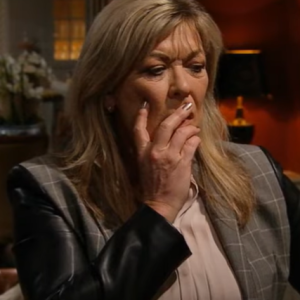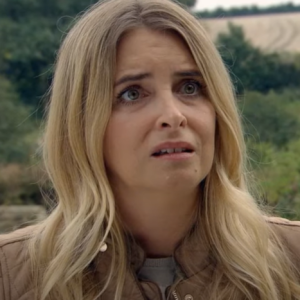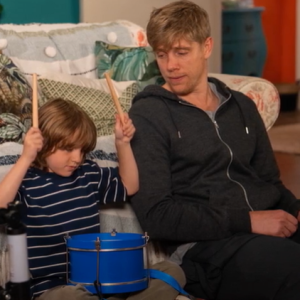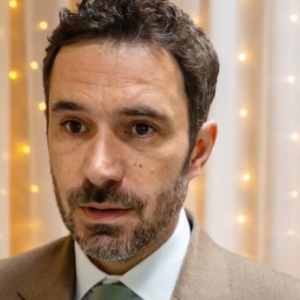Emmerdale has once again plunged its loyal viewers into a vortex of psychological warfare, betrayal, and familial feuds, culminating in what appeared to be the ultimate defeat for fan-favourite Robert Sugden. But as the dust settles on the explosive confrontation between brothers Robert and John Sugden, a chilling question lingers: was Robert’s capitulation a genuine surrender, or the calculated first move in a masterplan to finally expose his insidious sibling and orchestrate his long-overdue downfall?
The recent dramatic arc has seen the Sugden brothers locked in a bitter struggle, their sibling rivalry escalating into a full-blown war that has torn the fabric of the Emmerdale village. For weeks, Robert has desperately tried to unmask John, convinced of his younger brother’s malevolent nature and a litany of egregious crimes, including the alleged murder of Nate Robinson. Yet, with no concrete proof, Robert’s fervent accusations were easily dismissed, painted as the bitter ramblings of a jealous, resentful sibling. John, a master manipulator, effortlessly turned the villagers against Robert, leveraging Robert’s own chequered past and reputation for deceit to his advantage.
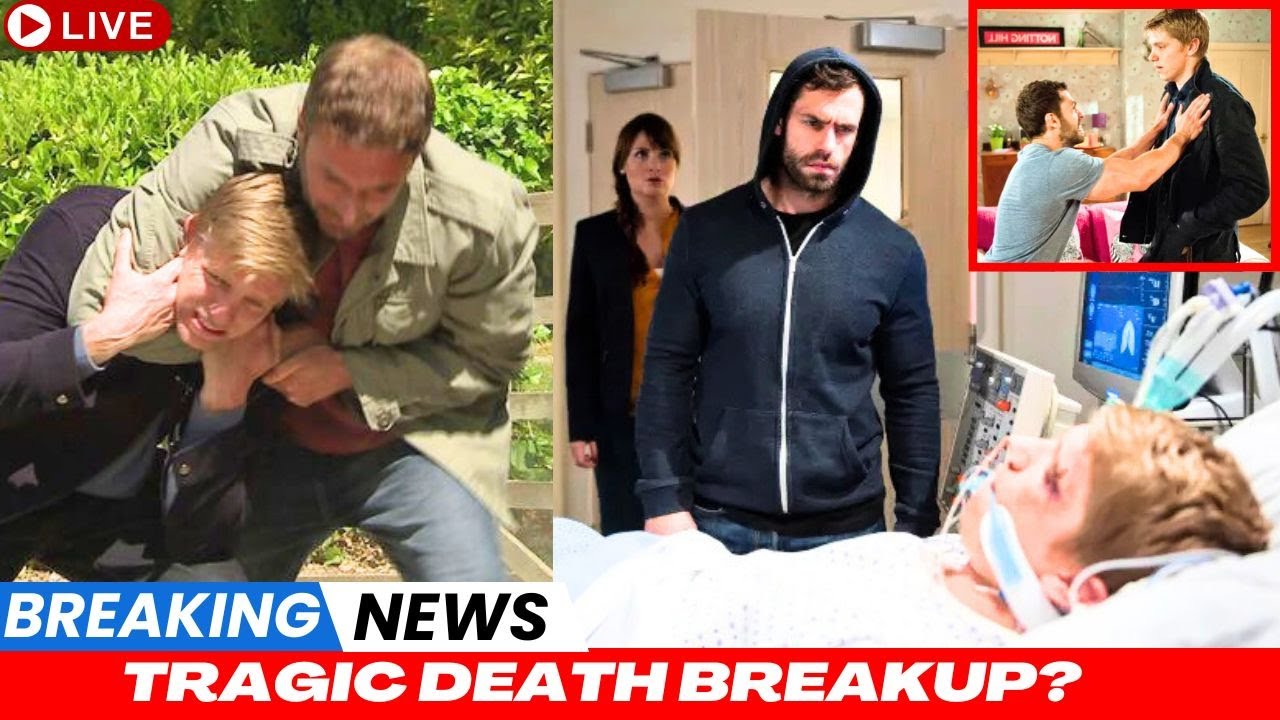
One by one, Robert watched as his allies turned their backs. Moira Dingle, a long-time confidante, began to doubt him after John’s cunning exposé of Robert’s lies regarding weed theft, leaving Ross Barton furious. Even his estranged ex-husband, Aaron Dingle – now shockingly wedded to John – called Robert a coward, solidifying the village’s perception that Robert was merely consumed by envy. Villagers, including the sharp-tongued McKenzie Boyd, openly mocked Robert, echoing John’s narrative that Robert’s claims stemmed solely from a deep-seated jealousy. John revelled in his victory, watching with smug satisfaction as Robert became increasingly isolated, a pariah in his own home.
The tension reached its terrifying crescendo when John, emboldened by his perceived untouchability, deliberately provoked Robert. In a chilling display of psychological manipulation, John launched a physical attack on Robert, knowing full well the explosive temper lurking beneath Robert’s desperate facade. It was a calculated trap, perfectly laid. Robert, pushed to his absolute breaking point, saw red. The culmination of weeks of torment, isolation, and unheeded warnings exploded in a moment of sheer desperation. In a moment of primal rage, Robert retaliated, striking John with a spanner during a brutal showdown. What Robert didn’t know, however, was that this was precisely what John wanted. Unbeknownst to his enraged brother, John had secretly recorded the entire confrontation, meticulously setting the stage for his ultimate act of revenge.
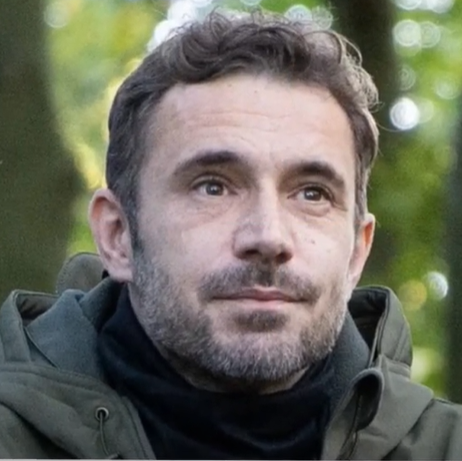
John was rushed to hospital, his “victim” status instantly cemented in the eyes of the villagers. As John regained consciousness, his new husband Aaron was quick to demand he report Robert to the police, keen to see justice for his spouse. But the narrative took a shocking turn when Robert arrived at John’s bedside, a picture of profound regret and desperation. He pleaded with his brother, practically begging him not to send him back to prison, remorse etched on his face.
The scene was thick with tension as other family members, including their distraught sister Victoria Sugden, joined the chorus of voices urging Robert to leave the village, to simply disappear. A defeated Robert, seemingly broken by the weight of his actions and the crushing pressure from all sides, appeared to finally capitulate. He told John he was “so sorry,” admitting he had “snapped” and wasn’t “thinking straight.” He even confessed to having “hated him from the start,” a chilling admission that seemed to downplay the true depths of John’s manipulations over the past few weeks, framing Robert’s actions as merely personal vendetta rather than a response to John’s calculated evil.

Robert’s apparent apology seemed to be a complete surrender. He vowed he wouldn’t cause John any more issues and promised to leave Aaron alone. John, convinced he had secured his ultimate victory, smugly agreed not to go to the police, a decision that baffled and annoyed a frustrated Aaron. It appeared John had his brother exactly where he wanted him: defeated, humiliated, and exiled. The entire village seemed to breathe a collective sigh of relief, convinced that Robert’s instability had been confirmed and that John was the wronged party.
But for those who know Robert Sugden, his “defeat” felt… too easy. Robert is a character defined by his cunning, his resilience, and his penchant for playing the long game. His history is littered with intricate schemes, elaborate deceptions, and a remarkable ability to rebound from the brink. Could this seemingly broken, remorseful persona merely be another layer in Robert’s complex game? Is this apparent surrender not a capitulation, but rather a strategic retreat, allowing Robert to gather his thoughts, assess the landscape, and formulate a new, even more devastating plan?

The implications are profound. If Robert’s “apology” was an act, a deliberate ploy to disarm John and lull him into a false sense of security, then the true intentions revealed are far more shocking than anyone could have imagined. Robert may be allowing John to believe he has won, giving him the rope with which to hang himself. By removing himself from the immediate conflict, Robert gains the advantage of operating from the shadows, free from the constant scrutiny that hindered his previous attempts to expose John. He can now potentially seek proof covertly, away from John’s watchful eye and the villagers’ biased judgment.
This pivotal episode might, in fact, mark the true beginning of John’s downfall. His hubris, fueled by his perceived triumph, will undoubtedly make him careless. Confident in his victory, John may overplay his hand, expose more of his dark secrets, or make a crucial mistake that Robert, now seemingly out of the picture, will be perfectly positioned to exploit. The secret recording, once John’s trump card, could become his Achilles’ heel if Robert manages to manipulate the narrative around it, or find an even more damning piece of evidence that discredits John’s carefully constructed victimhood.

The emotional toll on all involved is immense. Aaron Dingle, caught between his loyalty to his new husband and the unsettling feeling that something isn’t quite right with John’s “mercy,” faces an inevitable reckoning. The villagers, quick to condemn Robert, will have to confront the uncomfortable truth of their own complicity in John’s reign of manipulation. And for Robert, this calculated sacrifice of his own reputation, this public humiliation, speaks volumes about his unwavering resolve to see justice done, no matter the personal cost.
As Emmerdale hurtles towards its next phase, the tension is palpable. Has Robert Sugden truly said goodbye to his vendetta, content to fade into the background? Or has he merely retreated to regroup, preparing to unleash a devastating counter-attack that will finally expose John Sugden for the villain he truly is? If Robert is indeed playing this cunning game, then John’s downfall is not just confirmed – it is assured, lurking just beneath the surface of his triumphant smile. Viewers must now watch closely, for the quietest moments often precede the loudest explosions in the tumultuous world of Emmerdale.
